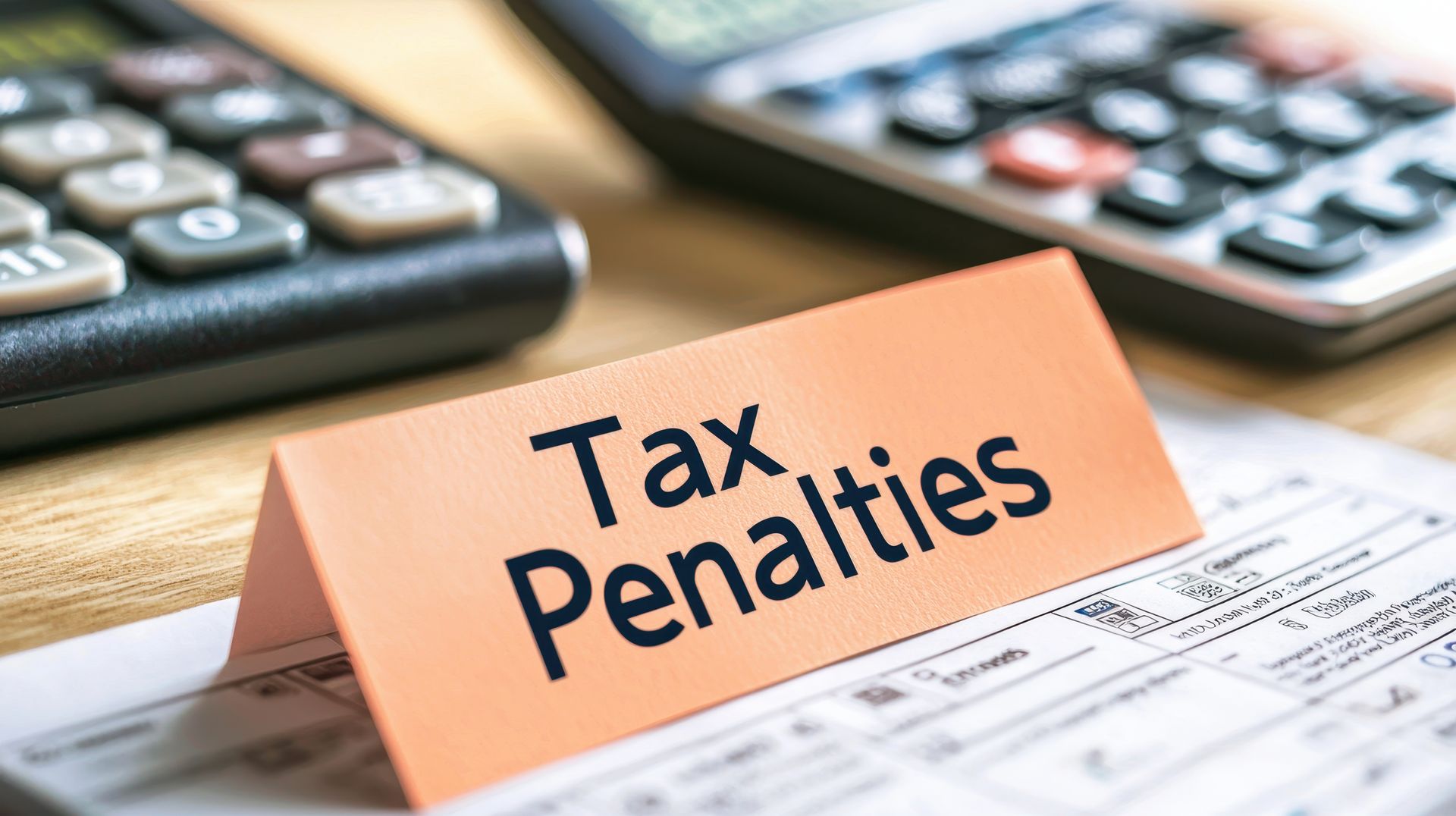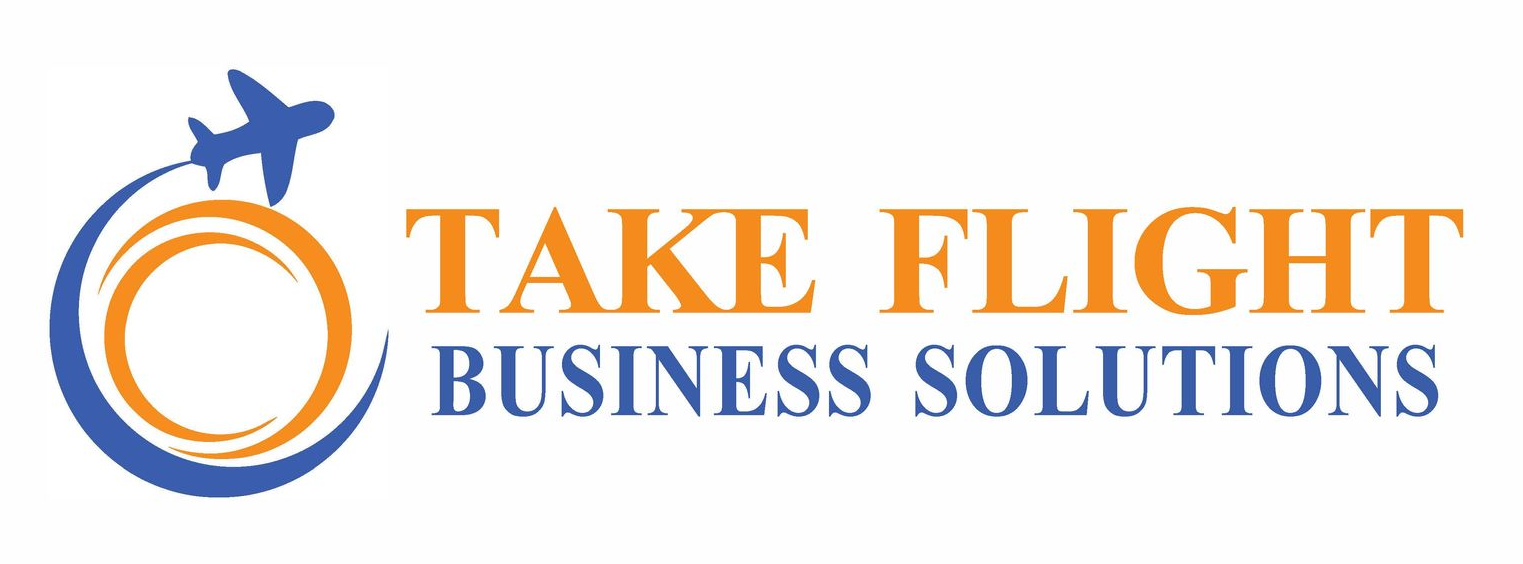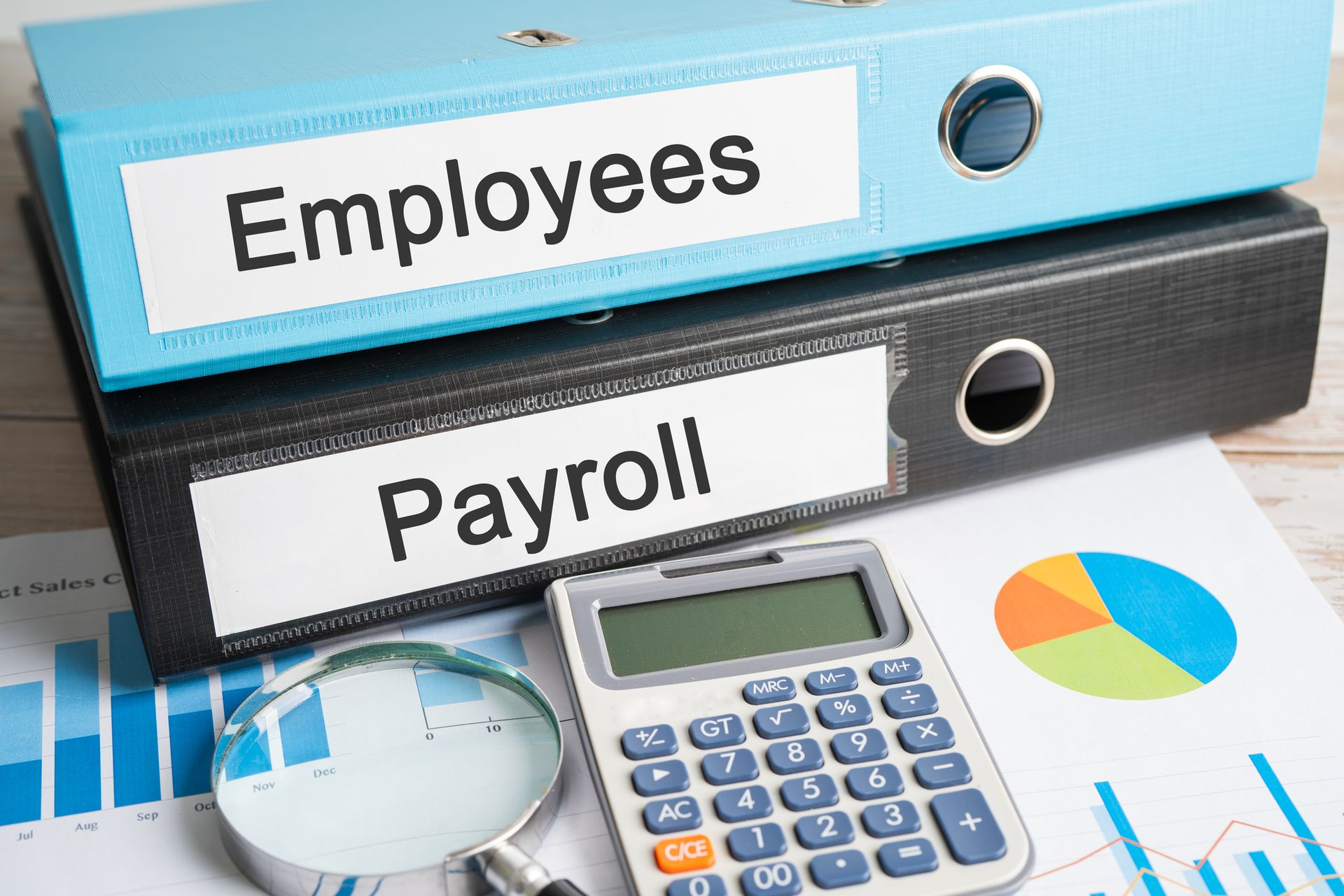Avoiding the IRS: Top 11 Common Small Business Mistakes

Many small business owners make tax mistakes that can lead to audits, penalties, and unexpected tax liabilities. Here are the top 12 most common tax errors and how to avoid them.
1. Misclassifying Workers
Incorrectly classifying employees as independent contractors can lead to serious IRS penalties. Ensure you properly classify workers based on control and independence to avoid payroll tax issues.
2. Failing to Keep Adequate Records
Poor bookkeeping can lead to missing deductions and IRS scrutiny. Keep detailed records of income, expenses, and receipts to support your tax filings.
3. Mixing Personal and Business Transactions
Using personal accounts for business transactions creates a tax headache. Maintain separate bank accounts and credit cards for your business to ensure clear financial reporting.
4. Not Paying Estimated Taxes
Self-employed individuals and business owners must make quarterly estimated tax payments. Failure to do so can result in underpayment penalties and cash flow problems.
5. Underreporting Income
The IRS receives copies of 1099s and W-2s. Failing to report all income, including cash payments, can trigger an audit and lead to significant penalties.
6. Overstating Deductions
Claiming excessive or ineligible deductions can raise red flags with the IRS. Ensure your business deductions are legitimate and well-documented.
7. Ignoring Payroll Tax Obligations
Failing to withhold and remit payroll taxes can result in severe penalties. Stay compliant with federal and state payroll tax requirements.
8. Not Taking Advantage of Available Deductions
Many business owners overlook valuable deductions, such as home office expenses, vehicle costs, and marketing expenses. Consult a tax professional to maximize your savings.
9. Late or Incorrect Tax Filings
Filing tax returns late or with errors can lead to interest charges and penalties. Double-check your filings and meet all deadlines to avoid unnecessary costs.
10. Failing to Plan for Tax Season
Waiting until the last minute to prepare taxes can lead to mistakes and missed deductions. Maintain organized records year-round and work with a tax professional to create a tax-saving strategy.
11. Forgetting to Track Business Expenses Year-Round
Waiting until tax season to track expenses can lead to missed deductions. Use accounting software or hire a bookkeeper to ensure all business expenses are documented throughout the year.
Consequences of Tax Mistakes and Intentional Disregard
Failing to comply with tax laws can have serious repercussions. Here are some potential consequences of making tax mistakes or intentionally disregarding tax obligations:
- Audits and Investigations: The IRS may conduct an audit if discrepancies are found in tax filings, leading to significant time and legal expenses.
- Fines and Penalties: Late payments, misclassifications, and incorrect deductions can result in costly fines and interest charges.
- Criminal Charges: Intentional tax fraud, such as failing to report income or falsifying deductions, can lead to criminal prosecution, fines, and even imprisonment.
- Asset Seizure: The IRS has the authority to levy bank accounts, seize property, and garnish wages to recover unpaid taxes.
- Business Closure: Continued noncompliance can result in a business losing its operating license or being forced to shut down.
Final Thoughts
Avoiding these common tax mistakes can save your business time, money, and stress. Stay informed about tax laws, keep accurate records, and work with a qualified tax professional to ensure compliance and maximize your tax savings. Here at Take Flight Business Solutions, LLC, we can help!












